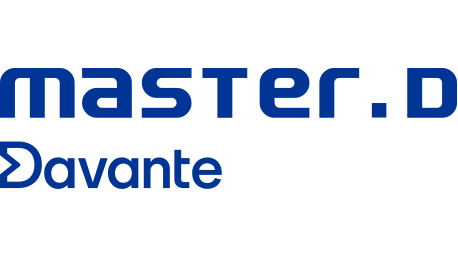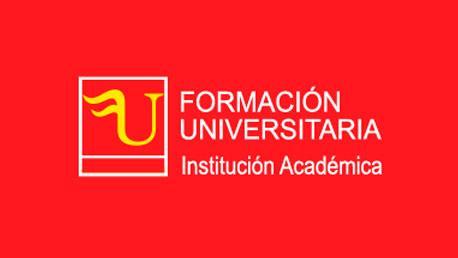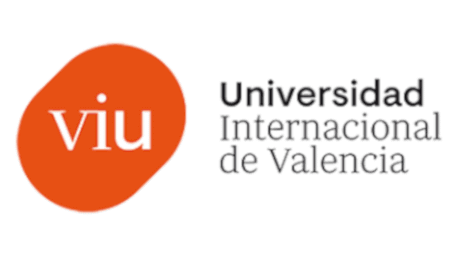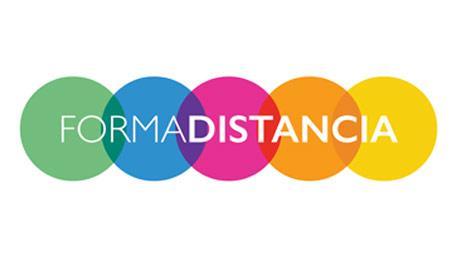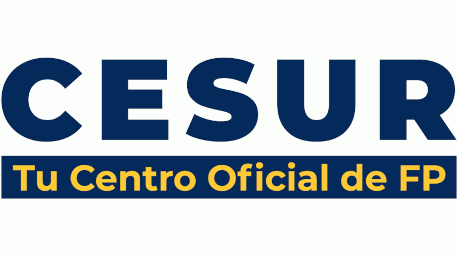The Political Economy of the European Union
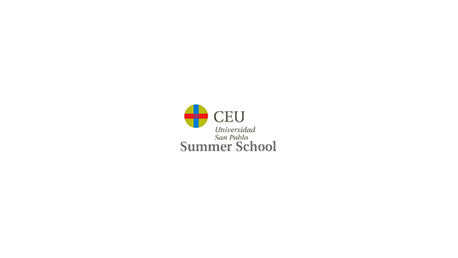

Si has realizado este curso, ¿por qué no darnos tu opinión?. Si lo haces, estarás ayudando a miles de personas que, como tu en su momento, están intentando cambiar su vida a través de la formación. No hay mejor ayuda, para decidirse entre miles de cursos, que la opinión de una persona que ha vivido la experiencia de cursarlo, miles de personas te lo agradecerán.
Danos tu opinión detallada sobre el The Political Economy of the European Union. No olvides decirnos que te pareció el temario del curso, el profesorado, la accesibilidad al equipo del centro para resolver tus dudas y, en el caso de los programas online, la calidad del campus virtual.
EL CURSO ES PRESENCIAL Y SE IMPARTE EN MADRID
PRESENTATION
This course will serve as a gateway to a deeper knowledge of the political economy of the European Union for students of Law, Economics, Business Management and International Relations.
GOALS
This course will:
A. Give students an understanding of the EU and its political economy, including a short review of the history of the Union, the institutional framework, the single market program, effects on the European business environment, and lobbying at the EU level.
B. Teach the concepts of the EU competition policy explain the main elements and principles of the privatisation and liberalization policies and foster an understanding EU regional policy.
C. Apply the theory of money and exchange rates to the functioning of the euro and the European Central Bank.
METHODOLOGY
The course is to be taught by professors from the University CEU San Pablo and from the Madrid Campus of St. Louis University. Classes will be taught in English. In addition to attending lectures, seminars and workshops students will visit Brussels to meet EU policy actors and gain first hand experience of the European economic decision-making environment.
TARGET
The international atmosphere of the course whose students will be Spanish, American and European will encourage discussion that will widen the views of participants on questions such as customs unions, regional political arrangements, free trade negotiations and international relations in general. A high level will be required of the students
The course will be especially attractive for students who intend to work in European or international institutions, and in transnational businesses.
MODULES
Module Names University Créditos ECTS
I. Institutions of the European Union Dr. Knut Roder St. Louis University 1.5
II. The politics of the European Union Dr. Knut Roder St. Louis University 1.5
III. Competition and liberalization. Regional policy Dr. Gonzalo Sanz- Magallón Universidad CEU San Pablo 1.5
IV. The euro and the ECB Dr. Pedro Schwartz Universidad CEU San Pablo 1.5
6.0
Study visit to Brussels (optional)
The trip led by Dr. Roder will include: transfer to Brussels and back; hotel; two days of organized meetings with policy actors; trip to Bruges and Ghent including a boat trip.
DIRECTORS
Ph.D.Pedro Schwartz
Ph.D. Knut Roder

